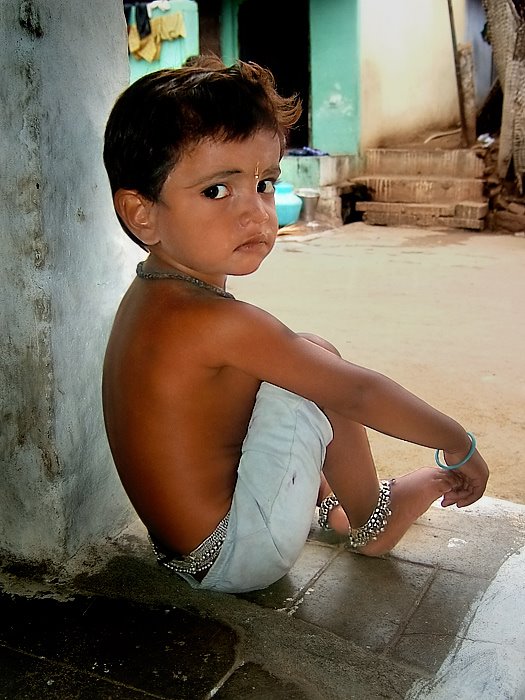
Le Temps qui reste (Time to Leave) is a French film directed by François Ozon, released in 2005. According to Wikipedia,
“Romain, a 31-year-old homosexual photographer, finds out he is terminally ill and has only three months to live. He rejects the treatment for his brain cancer that might offer him a slim chance of survival. Romain exhibits both a selfishness and a recklessness. He realizes that his good looks give him a certain amount of leeway and he tests the forbearance of the people who care for him. He chases away his lover Sasha and delights in antagonizing his sister. The only person in whom he confides about his illness is his grandmother Laura”. In the end, Romain went to a public beach along. He tested the water and then sat on the beach in crowd. Then the image of his youth came to him and he alone finally reached peace with his childhood. His body lied quietly on the sand and the sun gradually fell down. There was a long short of his profile, when the sky turned dark and the night approached. He died in solitude as he wished. His life would be carried on by the baby he fathered, but his feeling about death would be forgotten as the waves dried on the beach.
This film is the latest one by “François Ozon, who (born November 15, 1967) is a French writer and director whose films are usually characterized by sharp satirical wit and a freewheeling view on human sexuality. He has recently achieved international acclaim for his films 8 femmes (2002) and Swimming Pool (2003). François Ozon is considered to be one of the most important young French film directors in the new “New Wave” in French cinema such as Jean-Paul Civeyrac, Philippe Ramos, Yves Caumon. Having studied directing at the French film school La Femis, Ozon made several short movies like Une robe d'été (1996) and Scènes de lit (1998) that already display his defining style. His motion picture directing debut was Sitcom (also 1998), which was well-received both critically and by audiences. In 2003, Swimming Pool starring Charlotte Rampling and Ludivine Sagnier was released, considered by Ozon a very personal film that gives insight into the difficult process of writing a novel or screenplay.”
In the same lyric tradition as Eric Rohmer, Ozon’s film is a salute to the Rohmer’s Tales of the Seasons. He skillfully integrated the theme of death into a tale of creation, letting the death leads to the desire of living and creating. Romain is not a particularly loveable character in the film, however, he is more real than other fiction figures when facing his end. Ozon portrayed him not like a hero of a tragedy, but rather trying to invoke a sense of nostalgia and melancholy. The death and fear of death is not the core of the film; rather, Romain learnt to accept his fate and finally made peace with himself, his family, his childhood, and his fate. When the peace fell upon Romain, he died gradually.
Human being always has difficult to meet their ends and death is not a familiar part of our lives. In his last visit to his grandmother, Romain’s grandmother asked why he shared the news with her and her alone. Romain replied, because they were all dying. She took a while to understand it, not without embarrassment. Maybe that the way it is, we can do nothing about it when it is time to leave.


没有评论:
发表评论